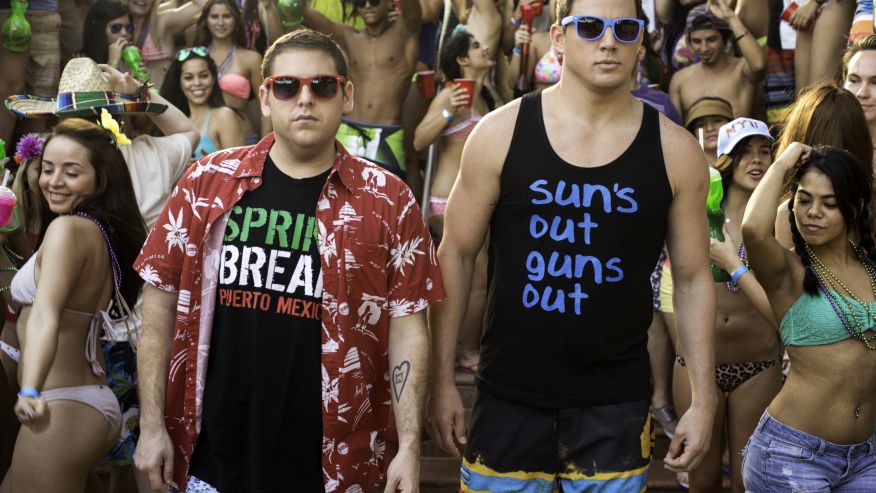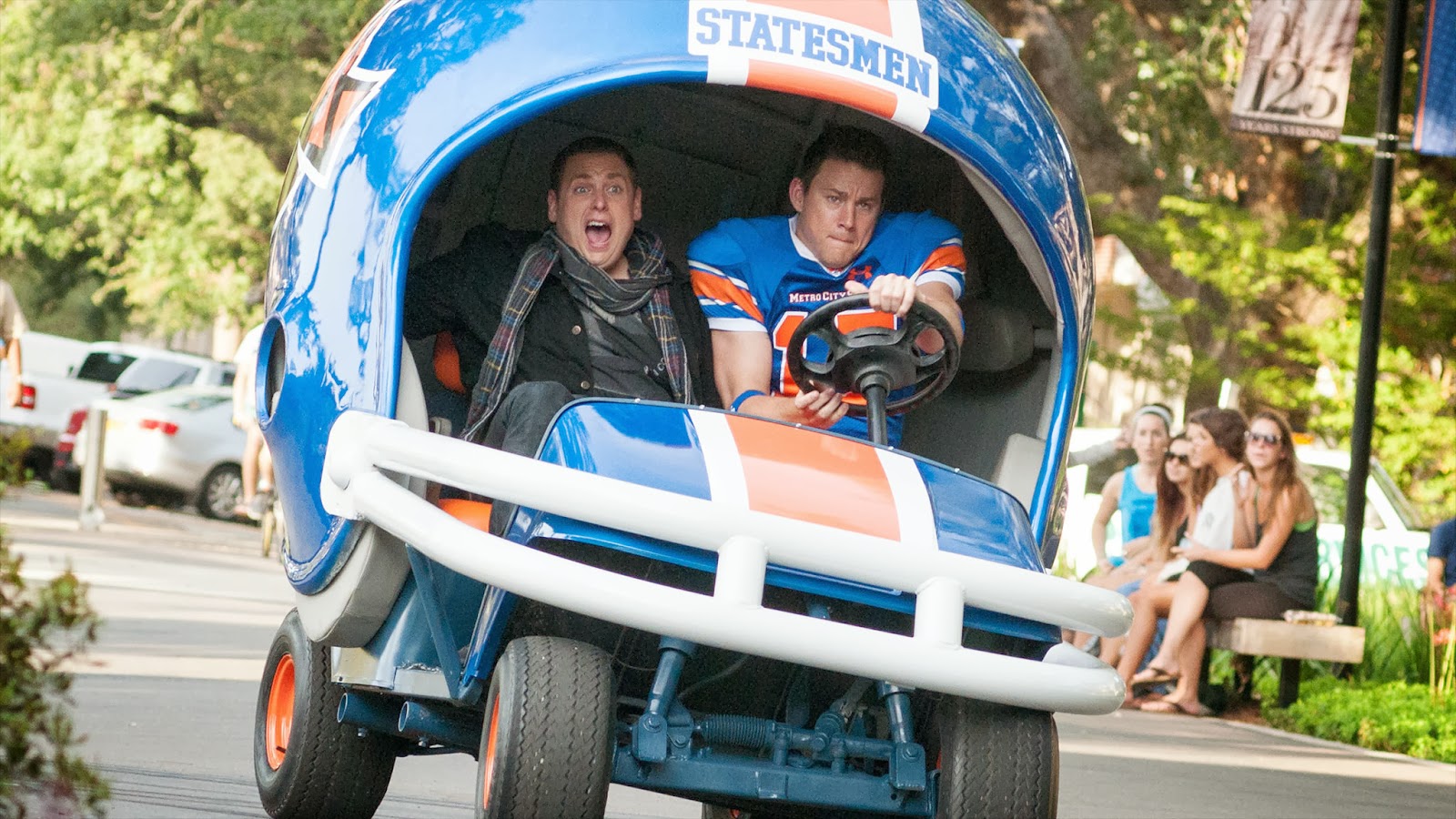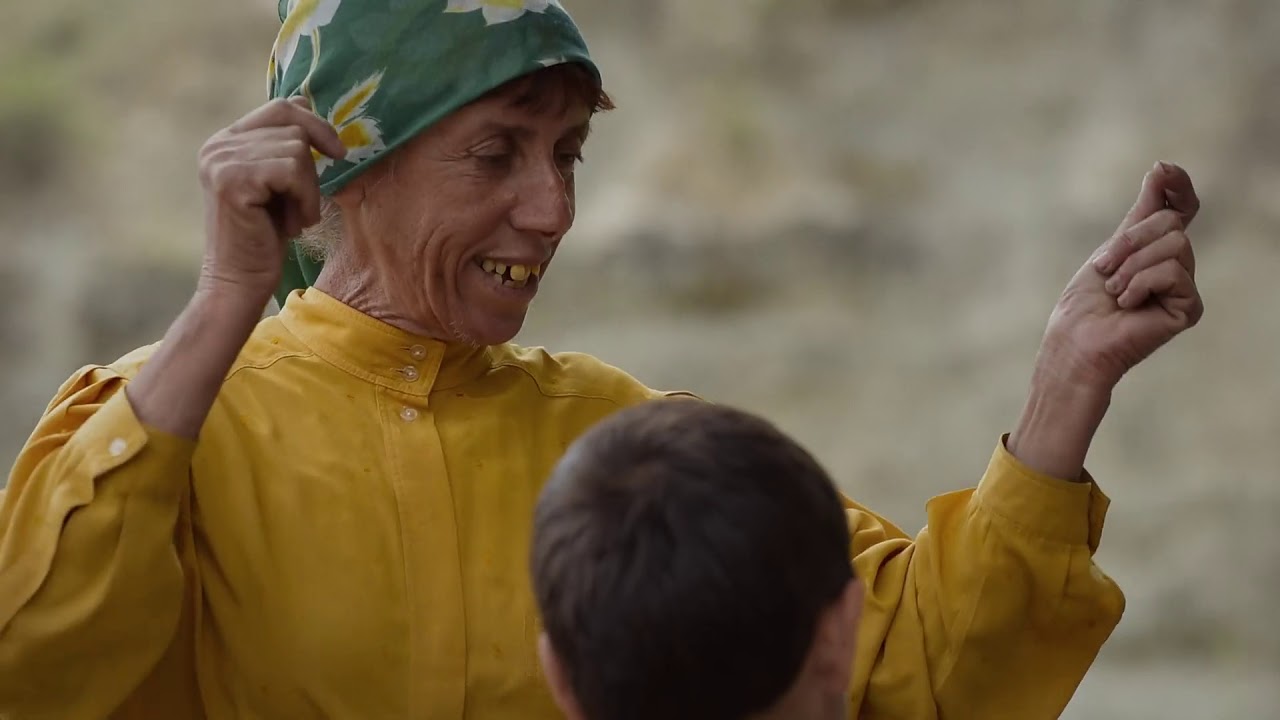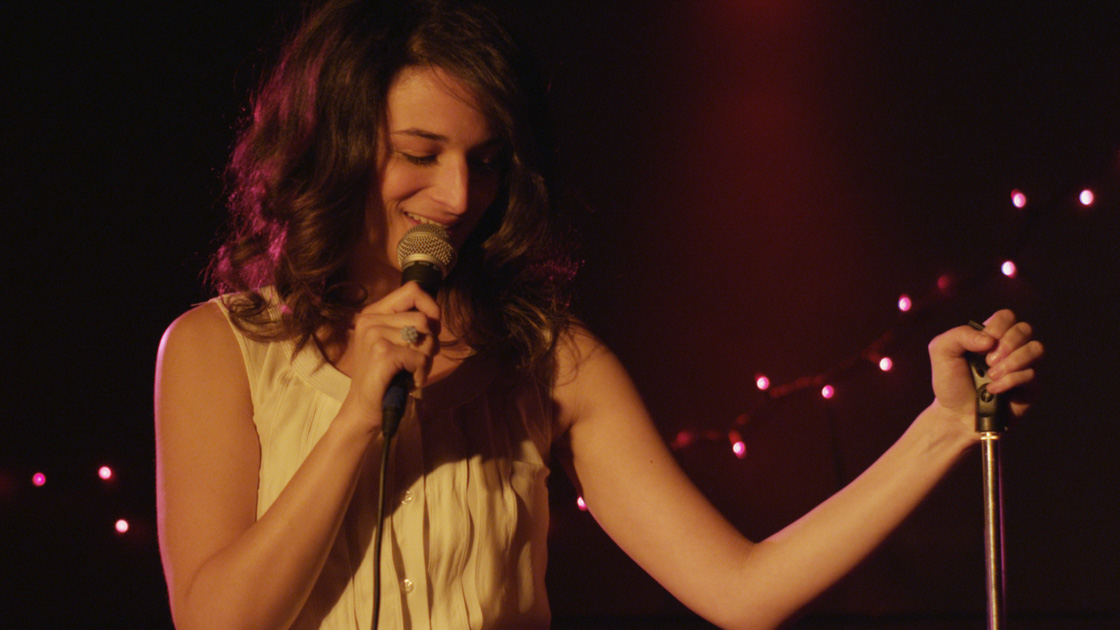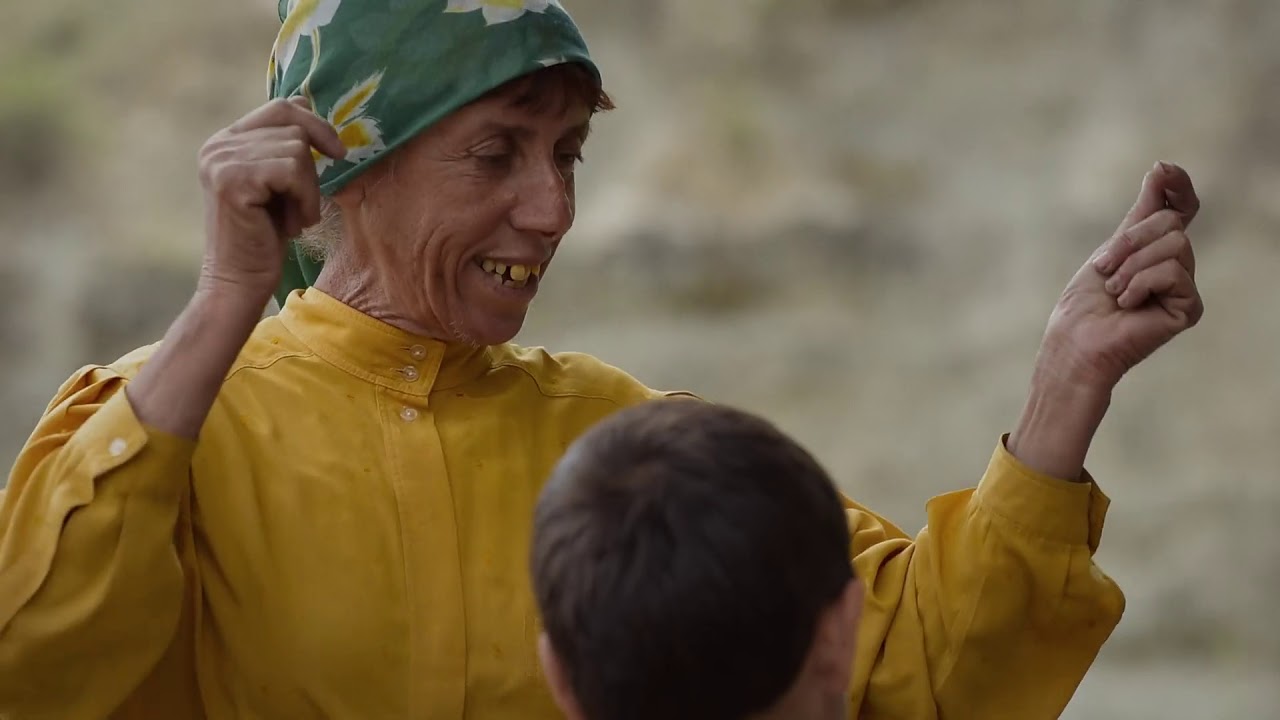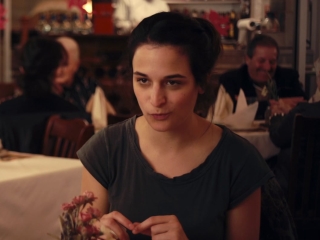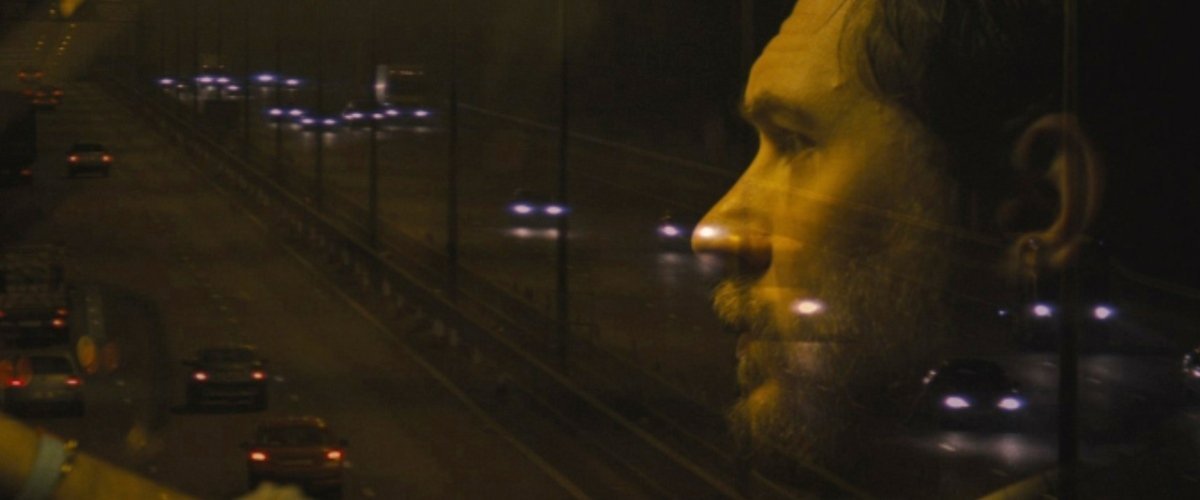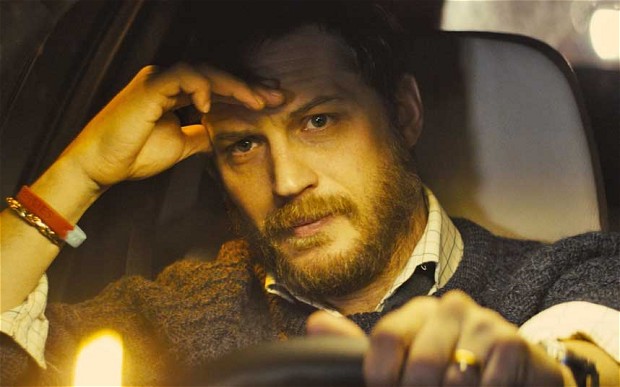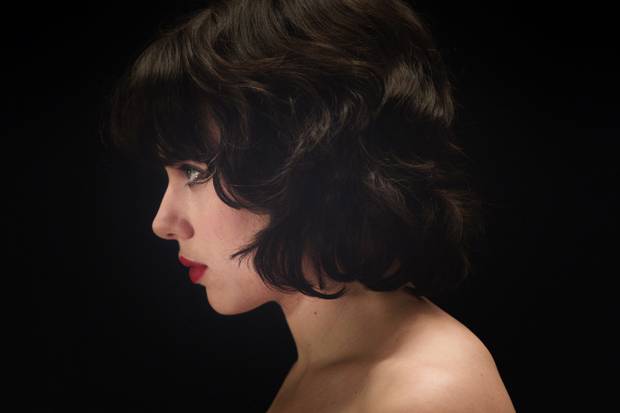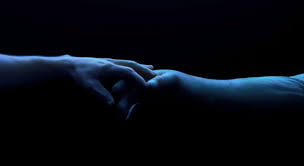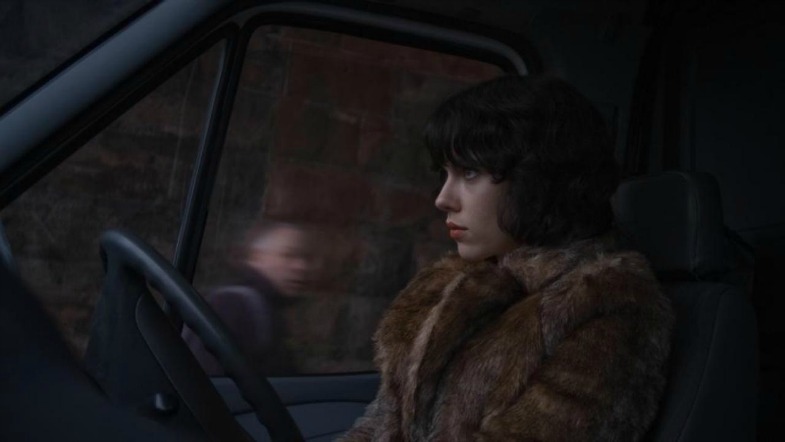 Life is, in large part, accidental. As recounted in this superb documentary based in part upon his memoir, Roger Ebert, perhaps America's most famous film critic, didn't set out to become a movie reviewer. He fell into it in 1967 when the critic at the Sun-Times left and the boss appointed him to the job. Now he is the subject of a movie himself, a film by Steve James, the Chicago documentary filmmaker who has given us unforgettable pictures like "Hoop Dreams" and "The Interrupters." James makes films about Chicago lives, and in that sense "Life Itself" is very much a Steve James picture.
Life is, in large part, accidental. As recounted in this superb documentary based in part upon his memoir, Roger Ebert, perhaps America's most famous film critic, didn't set out to become a movie reviewer. He fell into it in 1967 when the critic at the Sun-Times left and the boss appointed him to the job. Now he is the subject of a movie himself, a film by Steve James, the Chicago documentary filmmaker who has given us unforgettable pictures like "Hoop Dreams" and "The Interrupters." James makes films about Chicago lives, and in that sense "Life Itself" is very much a Steve James picture.
He has organized the film on the principle of youth to maturity to death, the trajectory we are all lucky enough to get to take. It is a tough-minded and loving film. It is framed by unflinching, heartbreaking footage of Roger in the shape he was in when James started shooting, after radical surgery had transformed his face, robbing him of his jaw after bouts with cancer of the salivary gland, when he was our "wounded soldier of the cinema," as his friend Werner Herzog puts it, working so hard in rehab, unable to speak or eat. He only had a few more months to live.


These scenes are truly hard to watch and yet also truly poignant. Sometimes they are even funny. Roger's voice was provided by his computer voice simulator, and unbelievably he is still joking, even in the hospital. There is a lot of pain in "Life Itself." We can see right through the hole in the flap of his hanging jaw. Roger had the courage to show James's camera everything, including the drainage of his throat with a suction tube, something he seems to have had to endure regularly. We see he could sometimes be irritable and impatient and fussy and stubborn. But can't we all, and with immeasurably less cause? Sometimes it was all more than he could bear. Yet he bore his final ordeal with stunning courage and good humor, with his lovely wife Chaz as his rock of unshakeable courage and dignity and bearing and wit.
This is a film of deep joy, and deep pain. Karolyn and I were sobbing messes throughout much of it, but I doubt that from moment to moment we could have separated out whether we were weeping from the joy or the pain. I suppose it was all of it, all mixed together.

You certainly couldn't describe "Life Itself" as hagiography. In fact much of James's selection of sound and image from Roger's life (and there is a lot to choose from) seems to have been based on the criteria: does it show him as flawed, lusty, sometimes shabby? In short, does it show him as a man, as human? If so, let's put it in there. I think Roger would have appreciated that. By being honest, "Life Itself" is more of a salute to Ebert than it would have been had it tried to pop a halo on him.
(There's an amusing moment: Ebert famously loved attending the Conference on World Affairs in Boulder. In fact he went every year until he became too frail. But lest we begin to think him too high-minded, we see him tell a panel audience at the conference that in the beginning he just went to get laid.)
And so we have a story of a boy who grew up in the small town of Urbana, Illinois, whose working-class parents had a "by Roger Ebert" ink stamp made for him, with which he proceeded to stamp his byline on everything in the house. He was editor of the college newspaper at the University of Illinois in Urbana-Champaign in the early 60s, where he wrote a fiery editorial in support of civil rights, displaying the lifelong liberalism that would always inform his work, his advocacy for civil rights and labor, indeed an engagement with the wider world outside of movies. That said, though he was a liberal, one of his lifelong best friends was a conservative, a colorful Irishman called John McHugh whom readers of the memoir will not forget. (Roger liked critical thought, debate.)
In fact one regret I have about this film is that it couldn't fit in the great stories Roger tells in his memoir about knocking around with McHugh in the days when you could fly around the world on the studios' dime and hang with old-school movie stars like Robert Mitchum. We also don't see much on his time as a student at the University of Cape Town in South Africa, though we know from his memoir that this was a very important time for him in his life.
We see that he could be abrasive, even obnoxious, when he was young. But then, I suppose you don't become a critic unless you have a pretty massive ego in the first place, and a taste for fiery, passionate polemic. These scenes are actually comforting for those of us who sometimes regret that maybe we behaved like abrasive, obnoxious jerks in our youths. Maybe because when you had critics for role models growing up, you thought "abrasive" was what you were meant to be. The film never misses a chance to remind us that Ebert was possessed of a truly stinging and hilarious critical voice, which he could wield with withering effect. We note that it is then possible to grow up to be a human of generosity and kindness and grace.

Roger moved to Chicago and became a classic Chicago newspaperman, getting in on the last days of an old-school lifestyle that might be as endangered as those great clattering printing presses. James gives us a good sense of the romance of being an ink-stained newspaperman in the big city. Year in and year out he wrote reviews on deadline for a daily, general audience. He was a natural writer: by all accounts he could sit down and bang out a readable review in a few minutes that would take others days to craft. And his reviews are so rarely flat on the page. That is, they somehow managed to get the life that's in the movie onto the page. I think this is because Roger himself lived.
And yet we learn in this film that there were times when this man who was so full of life wanted to die. ("Life Itself" the movie can be startlingly honest, going to dark places the book itself didn't even go.) Some of those times were when, deep in the throes of alcoholism, he was trying to make it home after stumbling out of the bars, the Old Town watering holes on seedy North Avenue, where Roger and his friends--legendary newspapermen and other colorful characters--would hold court, places like O'Rourke's and The Old Town Ale House. We hear from some of those characters who are still around, and it sounds like it was a wild, surreal scene, fun until it wasn't. Roger was caught up in the romance of Fellini's "La Dolce Vita," one of his favorite films, and now he was living it. Those were the days when stars like Clint Eastwood would drop by O'Rourke's and just hang out and have a drink.
We see a clip from "Bonnie and Clyde," which came out the same year Roger became a critic, 1967, and must have seemed like it had an antenna up to the tumultuous, sexy times, the violence in the air, and we hear Ebert's review: his tone is excited, exhilarated by this terrible and beautiful experience. It was a great time to become a film critic, someone says. Those of us who might like to practice film criticism professionally today may find ourselves asking, well, what about now? Well, Ebert was always an optimist. Not for him any talk of a culture in decline, despite what many might feel is undeniable evidence to the contrary.
James uses a voiceover actor (Stephen Stanton) to read passages from Ebert's memoir and reviews, and the effect is remarkable: Stanton's voice is so much like Roger's that I often thought it was Roger, though I knew it could not be. We see clips from films like "Bonnie and Clyde," Bergman's "Cries and Whispers," and Bresson's "L'Argent" while we hear Stanton read Roger's review. So vivid, so intense, this imagery. I remember being almost feverish after seeing "Cries and Whispers"; Ebert's review of that one was very important for me.
"Life Itself" touches on the feud between Andrew Sarris and Pauline Kael that dominated the critical landscape when Ebert was beginning his career in the 60s and 70s. Everyone was squaring off, choosing sides, but Ebert was too much his own man to be anybody's follower. Rather, he was smart enough to learn from both of these titans. "In my own first days as a film critic," he once wrote, "Kael was my muse but Sarris was my mapmaker."

Ebert adored female breasts. We get a generous amount of footage from "Beyond the Valley of the Dolls" (1970), the notorious picture he wrote for noted breast-man Russ Meyer. It was for this move that Ebert penned the immortal line, "This is my happening, and it freaks me out!" Musing on "Dolls," A.O. Scott, film critic for the NY Times, says with a smile (and I paraphrase): when we discuss film as an art, we mustn't forget that there are earthy pleasures for which film is uniquely suited. Watching clips from "Dolls," with its guns and gals, it is no wonder Ebert would later become a champion of Quentin Tarantino. (We do not, however, get much of a mention of Meyer and Ebert's ill-fated Sex Pistols movie project.)


We come to the Siskel and Ebert years (never Ebert and Siskel, much to Roger's chagrin), from the days when he was first stuck with this man he wasn't even sure he liked, Gene Siskel of the Chicago Tribune, to the days when this unlikely pair (they looked like clowns, someone sums up bluntly) became, in a very real way, America's film critics, appearing over and over on The Tonight Show with Johnny Carson.
"Sneak Previews" and "At the Movies" reached down into my house in southeastern Ohio in the early-mid 80s. As kids, we called them "the fat one" and "the skinny one." I remember we were scandalized by their championing of something called "My Dinner With Andre." This was hilarious evidence of the baffling, perverse taste of film critics, that they would care to sit and watch a movie about having dinner with some fellow called Andre. We favored fare like "Friday the 13th," which Siskel and Ebert had the matchless effrontery to slam. (I grew up to love "Andre": it is one of my all time favorites.)


Still, while my friends may have found the duo impossible, I was always intrigued, and I always looked forward to the show. Even now, those iconic, droll opening credits, which James shows, where the two men leave their offices, then they're on the Chicago streets waving the Sun-Times and Tribune trucks respectively to back up so they can pose like peacocks in front of themselves emblazoned on the side, and then their meeting up in front of the theater, arguing even on the way in, takes me right back to gathering myself expectantly on the living room floor crosslegged in front of the TV.
Siskel & Ebert would champion adventurous films, advocating for foreign, independent, documentaries, films that otherwise might have passed through without ever being seen, little pictures that didn't really have any advertising budgets. Without Siskel and Ebert talking about them, people might never have gone to see them. If there is still any justification, any need, for critics (and there is, maybe more than ever), I believe it is just that.
"Life Itself" touches on the one Ebert review that most scandalized my teenage self back in 1986: his slam of "Blue Velvet." I love the picture to this day. How could my hero not get it? (I was with Pauline Kael, my other big influence growing up, on that one.) I learned that sometimes our favorite critics frustrate us. They have blind spots. And you had to engage with his argument: he objected to the way the film treated Isabella Rossellini's character. If you didn't agree, you had to think about why, and hone your own position. (Ebert would go on to write wonderful appreciations of later Lynch pictures like "Mulholland Drive," my favorite, and he wrote more beautifully about "Inland Empire," one of Lynch's strangest and most exhilarating and most Lynchian pictures, than any other film writer I know of.)

That "Blue Velvet" review was one reason why some people I knew regarded Ebert as an out-of-it, "mainstream" reviewer, where "mainstream" was a bad thing. I never really paid much attention to people who thought that, figuring that they couldn't really be paying much attention to Roger's work, particularly his books, where he did go into much more depth than "thumbs up/thumbs down," in elegant sentences and vivid language that was quite free of pretentious diction or meaningless academic jive. Still, there is a legitimate critique to be made that you lose some nuance when you reduce film evaluation to a thumbs "up or down" proposition, and In "Life Itself" we hear from critics Jonathan Rosenbaum and Richard Corliss, who worried about that. Rosenbaum was a friend and respected colleague; I don't think he ever meant it as a pejorative when he called Roger a "mainstream critic," just a fact. (Well, maybe a little, in the context of Rosenbaum's overall critique of the mainstream system.) The differences between them were more a matter for affectionate amusement than contempt. But again, Ebert thrived on critical thought. He even reprinted Corliss's critique of his show (and the resulting debate in the pages of "Film Comment") in one of his own books. In the movie, Corliss ends up speaking with some awe about the scope of Roger's body of work.


That was the crucial thing about Ebert: he had a knowledge of film that was second to none, but he communicated it to a general audience. He encouraged ordinary, regular people to take the adventure. He understood that movies were a pop art form, too. A people's art. "I know why people go to the movies," he once said. And he did. This was a man who was capable of enthusiastically getting behind some big-budget entertainment product with the best of 'em, if he thought it was good, and also of conducting a weeklong symposium on Fassbinder.
Gene Siskel made the decision to tell almost no one about the brain cancer that felled him far before his time. Roger decided that if something like that ever happened to him, he would not keep it a secret. After Gene died, Roger would write "no one else could possibly understand how meaningless was the hate, how deep was the love."
"Life Itself" is a story of redemption, a story of the journey from callow, selfish youth to a man of transcendent love who literally had time for everyone. I assure you I use that "literally" quite purposefully, from personal experience. (Roger liked precise language.) He met his beautiful wife Chaz in AA. He went from a life alone to a life with Chaz. (She saved me from a life lived out alone, is how he puts it). He became an adoptive grandfather.

Speaking of saving people, the film discusses Roger's habit of befriending creative people in the movie industry. But it went beyond that. In a remarkably candid moment, Martin Scorsese, one of the producers of "Life Itself" itself, talks about how he came to a point in his life when he had become addicted to drugs, he'd run into creative obstacles, he didn't even know if he wanted to live any more. It was Roger's championing of his work, of "Raging Bull," that actually kept him alive. Imagine that. In fact Ebert had spotted Scorsese's greatness, his energy and verve, right out of the gate. We see electrifying clips from “Who’s That Knocking At My Door,” his very first feature, which Ebert championed in print. Ebert wrote a book on Scorsese. And yet, when Scorsese's "The Color of Money" came out, Ebert didn't like it, and didn't hesitate to slam it on the show. He never hesitated to call 'em like he saw 'em. Scorsese can talk about it now with a smile, but you can still tell it still stings.
Roger loved Errol Morris's debut film "Gate of Heaven," eventually seeing it at least 30 times, traveling with it to festivals, talking about it over and over. Morris says he wouldn't even have a career without Ebert's support. Ava DuVernay, whose film "I Will Follow" Ebert praised, says that it meant everything to her career to have a powerful white man blow trumpets about a film made by an African-American woman. You don't always feel that they will "get" where you're coming from, these cultural gatekeepers, but with Roger, she says, you always felt like you were getting a fair hearing, an understanding ear. In the movie, Chaz says Ebert saw film as a "machine for empathy." For at least a couple hours, you can walk in someone else's shoes.
Werner Herzog, another friend, dedicated his gorgeous, numinous, starkly beautiful film "Encounters At the End of the World" to Roger Ebert. If you have seen this film, about the kind of characters who end up living at the South Pole, you will understand why: the picture encompasses almost all of Ebert's concerns, everything he championed and loved. He was endlessly fascinated by the mysteries we are, we human beings.
He was still helping artists at the end, when he gave just such a boost to Ramin Bahrani, the great young director of deeply humane films like "Man Push Cart" and "Goodbye, Solo." Bahrani visits Ebert in the hospital. He tells us that Roger's support came at a time when he was thinking of giving up filmmaking. He shows us a gift Ebert gave him: a jigsaw puzzle that had belonged to Marilyn Monroe. It was given to her on her wedding day by Alfred Hitchcock. Laura Dern had given it to Roger, and he passed it down to Bahrani. He is humbled.

We hear Leonard Cohen's "I'm Your Man" on the soundtrack while Chaz tells the story about how this song literally saved Roger's life. They were lingering to listen to it at the hospital while packing up after a surgery, and thus were still at the hospital, and not in a cab, when a blood vessel burst under Roger's chin. Doctors were thus able to surround him and save his life, frantically grabbing towels to stanch the blood. (Leonard Cohen's music means a lot to Karolyn and me, as well.)

After the surgeries, when he could no longer speak, he moved into the digital world and we readers were privileged to perambulate with him through his consciousness itself. When he could no longer speak, his voice became sublime. When he could no longer walk, he wandered through the world in his mind. (He had loved to walk, exploring cities around the world.) Wandering through his memories. I remember him writing about how relieved he was, how happy, to find that it was all still there, all of his memories. Things he'd long forgotten were given to him now, and he could call up parts of his life he hadn't thought about in ages.
It's funny: random bits from Roger's journal flit through my consciousness from time to time. Perhaps they always will. Just now, I thought of how much Roger loved to look at Turner's watercolors at the Tate in London, and I thought of my own time there, looking at the watercolors, guided to them by Roger's journal. And I send out a thank you, Roger, even now, and a salute. Thank you. Thank you for pointing me that way.
The segment of "Life Itself" about the Alfred Caldwell Lily Pond in Chicago touched a nerve with me. Up until only a few years ago I'd never been, despite having lived in Chicago for over a couple of decades now. It was reading in Roger's journal about what walking in the lily pond meant to him that prompted me finally to get over and visit.
I wrote about the experience on my site, and Ebert was kind enough to share my piece on his social media outlets. (It's still the most-read piece I ever wrote.)
In those days his writing about life itself came to mean more to me than even his film reviews. By the end, his iconic "thumbs up" was more than just an evaluation of a film. It was an affirmation of life itself.
Roger knew that the great movies take us to the wonder. At the beginning of his career he loved films films like "2001: A Space Odyssey." At the end of his career he loved "The Tree of Life," its unspooling ribbon of life, and we see a clip from that great film of boys running down the street of their hometown with sparklers. He tells us that no other film is as evocative for him of his childhood. He knew that when encountering films like this, the job of a good critic ceases to be to provide snark. It is to be humble in the face of the numinous, the wonder. Film as cathedral. The beginning of the world, and the farthest reaches of the universe.
Like all the great critics, I believe Roger realized that in the end people remember you for what you love, not for what you hate. "Life Itself" gives us a sense of what Roger loved. It stands alongside the book, which weaves much of his wonderful online journals through its narrative, and the Internet archive, where you can go and visit him, where he lives now in his work, where he will always live.
Maybe, in the end, the great subject of the movies is: how are we are to live? What is our potential, our beauty, as a species? If so, Roger Ebert's life is an exemplary subject for the movies.
Chaz Ebert has been very, very brave to share her story (because this is her story, too). Karolyn and I are getting married in October. There were many aspects of Chaz and Roger's story that reminded us of our own, among them a mid-life marriage. In our discussions after "Life Itself," the words we used to express this were the words we were both thinking during the film: "You're my Chaz" and "You're my Roger."
Rating: *****
Key to ratings:
***** (essential viewing)
**** (excellent)
*** (worth a look)
** (forgettable)
* (rubbish!!)
no stars (utter shite)
 Scott Pfeiffer
Scott Pfeiffer  Friday, July 11, 2014 at 04:10PM
Friday, July 11, 2014 at 04:10PM  Life is, in large part, accidental. As recounted in this superb documentary based in part upon his memoir, Roger Ebert, perhaps America's most famous film critic, didn't set out to become a movie reviewer. He fell into it in 1967 when the critic at the Sun-Times left and the boss appointed him to the job. Now he is the subject of a movie himself, a film by Steve James, the Chicago documentary filmmaker who has given us unforgettable pictures like "Hoop Dreams" and "The Interrupters." James makes films about Chicago lives, and in that sense "Life Itself" is very much a Steve James picture.
Life is, in large part, accidental. As recounted in this superb documentary based in part upon his memoir, Roger Ebert, perhaps America's most famous film critic, didn't set out to become a movie reviewer. He fell into it in 1967 when the critic at the Sun-Times left and the boss appointed him to the job. Now he is the subject of a movie himself, a film by Steve James, the Chicago documentary filmmaker who has given us unforgettable pictures like "Hoop Dreams" and "The Interrupters." James makes films about Chicago lives, and in that sense "Life Itself" is very much a Steve James picture. 




















